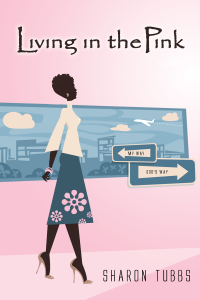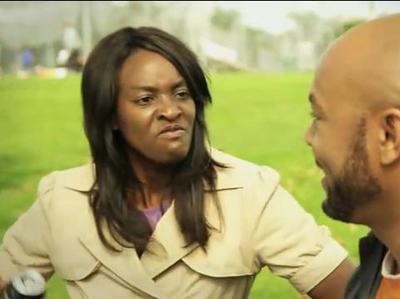“..(A)nyone who belongs to Christ has become a new person. The old life is gone; a new life has begun!”—2 Corinthians 5:17 (NLT)
The other day my oldest son asked if he could arise in the morning to join me during my prayer time. I was so pleased, but I wasn’t always this way. When Joshua was 6 God told me some things He had called Joshua to be and one was a prayer warrior. I asked God to show me how to train him to war in the spirit this way, and I didn’t hear anything from God. Suddenly, at 6, Joshua began to arise early on his own, sit quietly as I prayed and would hand me tissue so I could dry my tears. At first I thought his rising was endearing. After he kept joining me for about a week, I was upset. “Can’t I have some time to myself?” Then God reminded me that I had asked him to show me how to train Joshua. What better way than to model prayer and have him pray kneeling beside me right after me? But I soon slipped back into my selfish way, being happy a few weeks later when Joshua stopped waking up. I reasoned that the season for training him during my quiet time must be over. Truth is, discipline is part of the training, and I should have awakened him even when he didn’t get up. I did sometimes, but for the last two years that has been only a handful of times. So last week when Joshua asked to wake up to join me in prayer, I gladly agreed. I’m so glad I did. We had a rich time, and I got a chance to see a bit of what God sees every time we walk in selfishness.
When I was a child, I spoke and thought and reasoned as a child. But when I grew up, I put away childish things.—1 Corinthians 13:11
Before we prayed Joshua asked, “What happens to our bodies if our spirit goes to be with God when we die?” Of course, this led to a Bible study on Christ’s return and us receiving glorified bodies and reigning with Jesus on a new earth (1 Corinthians 15:51-52; 2 Corinthians 3:18; 2 Peter 3:13; Revelation 20:6). To give him a picture of what our glorified bodies might be able to do I had him read Luke 24:15-31 when Jesus walked and supped with the men from the Emmaus road then vanished from their sight. When I told him that our bodies would be supernatural, like Jesus’ body, letting us do supernatural feats like superheroes, he became sad. I was perplexed. Like his dad, Joshua loves comic book characters and he frequently asks me which ones I think are the strongest. When I asked what made him sad about getting a new improved body he said, “I want this body. I like this body. And I don’t want there to be a new earth. This earth is perfect. I want it to stay the same.” No matter how many benefits I told him about having a glorified body and reminded him of the wretchedness of this world he still wanted to cling to the old. He was determined to remain unchanged in spite of the pain and disappointment he feels in his own body and sees in the world. He didn’t want anyone to disrupt his familiar or his comfort. He didn’t want anyone, not even God, to change his world. I just hugged him and told him I understood, recognizing that he was a child and just didn’t understand how wonderful his change would be. I knew that when he grew up, his view would change. I determined that I would continue to be there for him, allowing God to disrupt my quiet time world, so I can help Joshua mature in his faith and talk the way he should.
So often those of us recovering from strong black womanhood seek to maintain our established order so that we can control our circumstances. We can’t handle a change to our world, even one that would help us create a better world or just allow God to give us a better one. Even though we know our present personal world may be in need of repair, we somehow convince ourselves that everything is perfect and fight to keep living there. Give up the fight and the temper tantrums and let God serve you a better world. This is a challenge, but one we must rise to so we walk out 1 Corinthians 13:11 and be the new creations the Bible declares us to be.
What worlds have you been clinging to that you need to let go of?
Copyright 2011 by Rhonda J. Smith
My One Thousand Gifts List
#141-150
A woman’s desire to follow God
An anointed sermon
Dinner with Stephanie
The boys making their own fun at Stephanie’s
Flynn cleaning the kitchen
Flynn putting the boys to bed
Flynn making me tea
Being able to rest
Spending time with family
My headache dissipating




